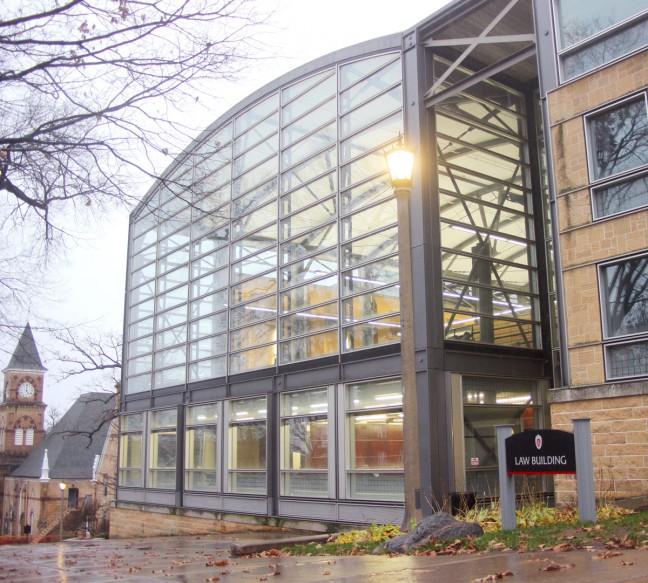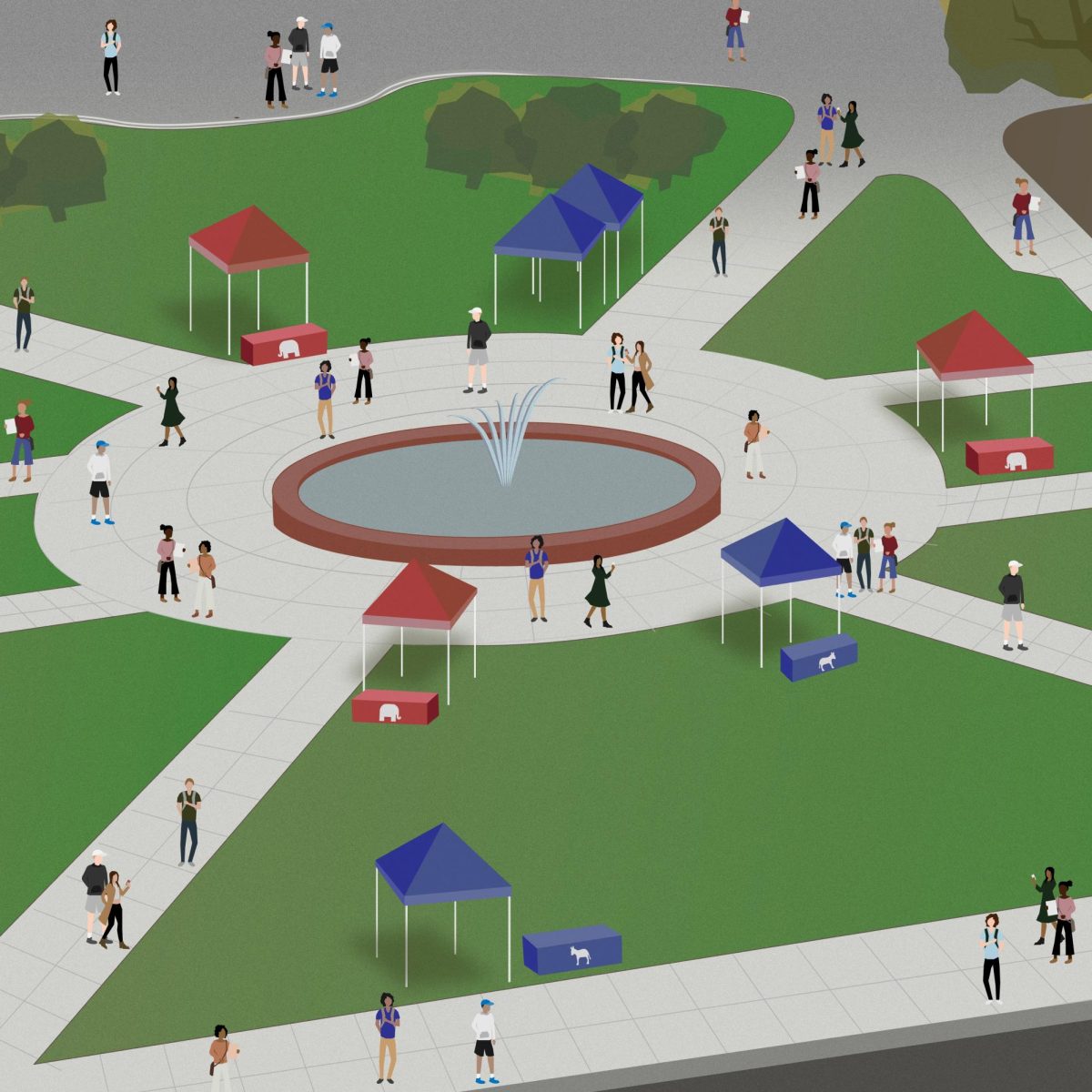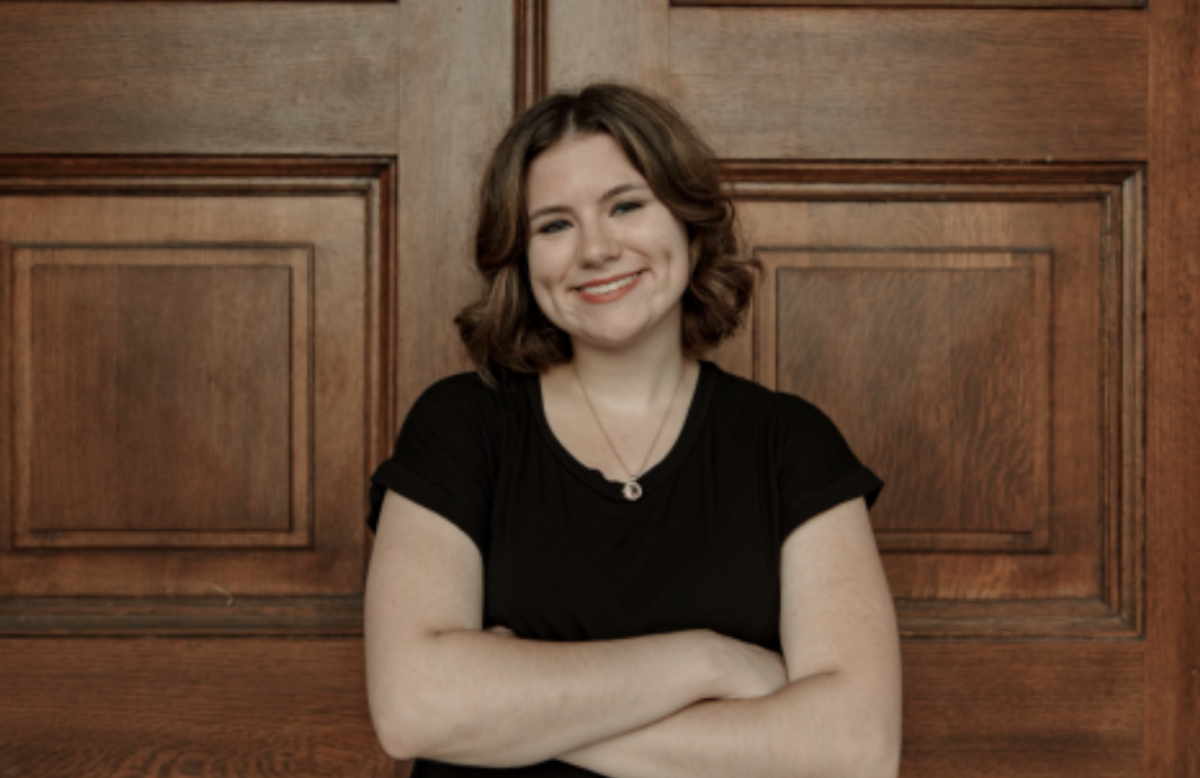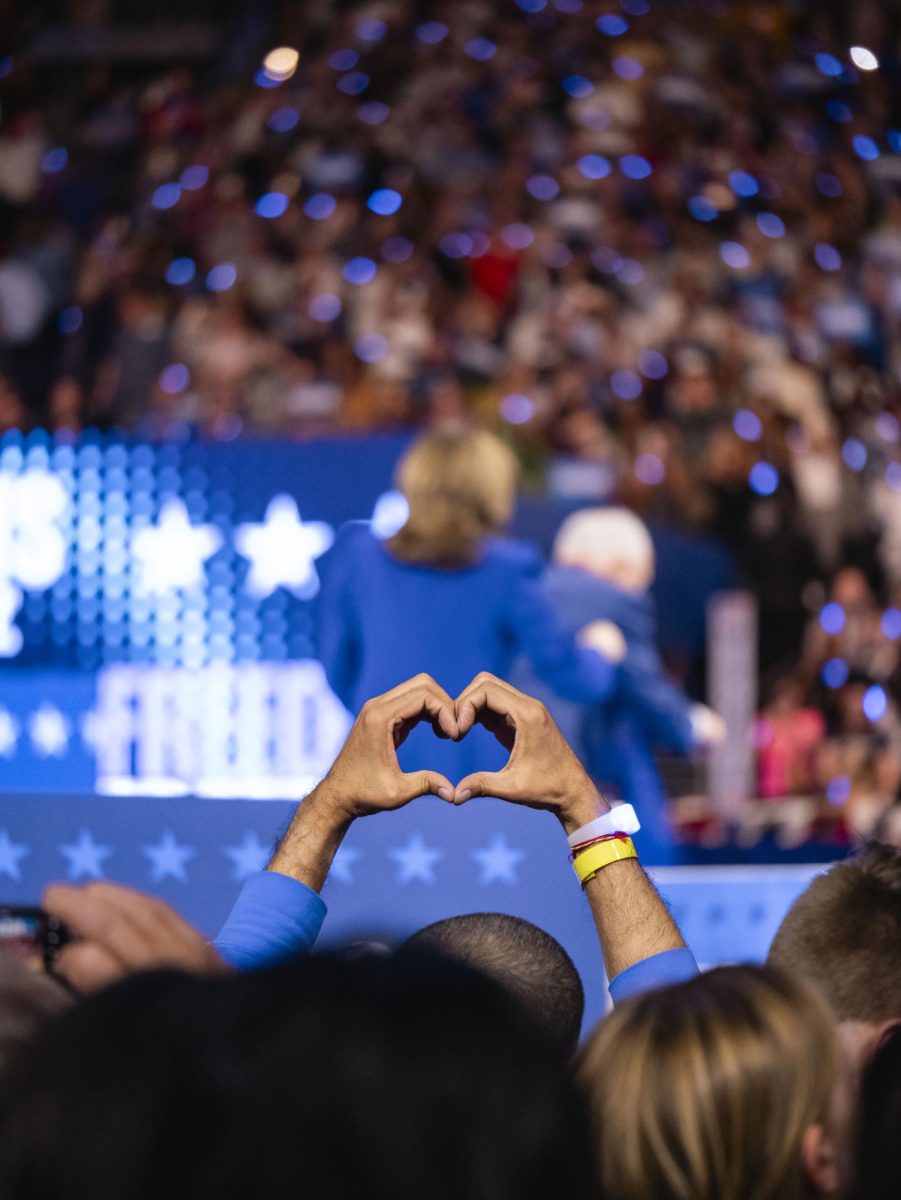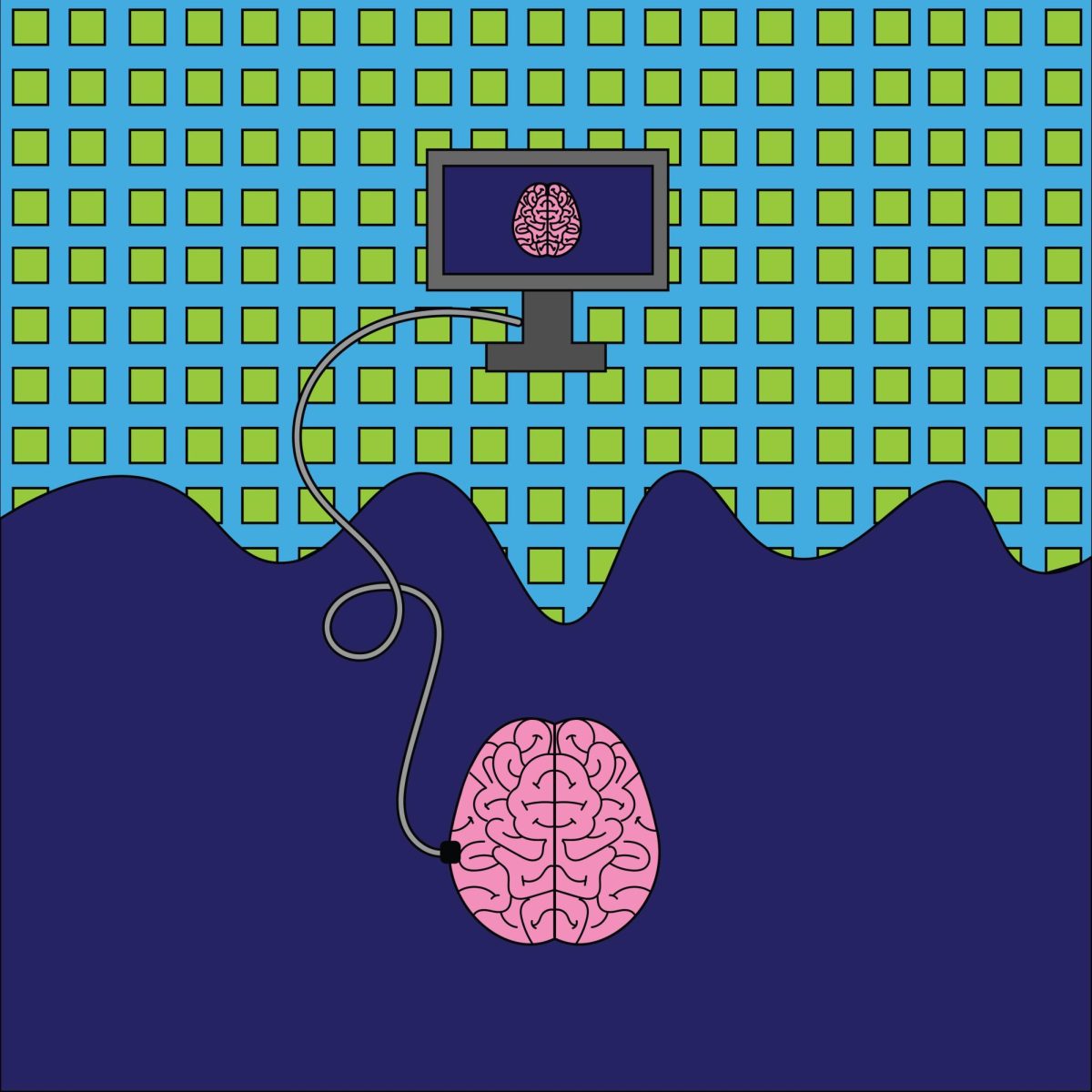Every fourth Thursday of the month, the front corner room of Porchlight Inc. turns into a makeshift law office.
A team of young law students and experienced lawyers volunteer their time and legal expertise to offer advice on finances, health, housing, citizenship and more to low-income veterans and their families.
The University of Wisconsin Law School Pro Bono Program started the Veterans Law Center in 2012 in collaboration with the Dane County Bar Association, the Dane County Veterans Service Office and Porchlight, Inc, the program’s director Laura Smythe said.
Smythe said the Veterans Law Center has helped a growing number of veterans at their two downtown Madison locations, Porchlight Inc. and the City County Building, since its inception.
But to meet the increasing amount of veterans in need and veterans who cannot make it to the center’s two locations, the center recently added an office-on-wheels and a location at the VA Hospital.
Smythe said there are several counties in the state that don’t offer federal programming or a community law firm that’s dedicated to people with limited financial means.
“We are targeting those counties that don’t have access to something like that and have a larger population of veterans,” Smythe said.
Meeting the needs of veterans
The center outfits a borrowed university vehicle to serve as a traveling law office. Since its first trip in August, the mobile office has traveled to places outside of Madison to meet with veterans in need.
Smythe hopes one day the center will have its own vehicle that can be outfitted as a permanent law office on wheels. To staff their clinics, the center tries to use local attorneys for their sessions, she said.

Joey Reuteman/The Badger Herald
Local attorneys are familiar with local resources and places veterans can use if they need to, Smythe said.
Center-offered sessions will typically receive anywhere from two to eight visiting veterans in a two-hour time span, Smythe said. Usually a session will include two volunteer attorneys and two volunteer UW law students that veterans can walk in and meet with for any length of time.
“If they walk in and they need an hour of our time, they get an hour of our time … that means on occasion we do turn people away and then we make sure to let them know when our next clinic is and we prioritize them,” Smythe said.
Law in action
The center offers university law students a hands-on experience while they volunteer with an attorney and work with clients.
Working with attorneys allows students to see how a law plays out in reality, as opposed to just reading a law and understanding what it says, Smythe said.

Rebecca Anderson is a first year law student at UW and volunteers at the Veterans Law Center.
Anderson volunteered with the hope of being able to help veterans in need of legal services. In addition, she said she hoped working alongside an attorney would help her understand the client-attorney relationship.
“It has helped me learn a lot on how you interact with clients,” Anderson said. “I’m really hoping that through this opportunity I can expand my own skills in working with clients and networking with attorneys.”
Being able to handle real issues with clients is important, volunteer attorney Shawn Lovell said. The Veterans Law Center offers students an opportunity to deal with the unknown because veterans walk in with a variety of issues they have questions about.
An attorney’s job is to be able to research issues clients have and give them a response or advice on how to handle it, Lovell said. The center is an excellent way to enable students to learn how to do that.
Driving ahead
Though the new mobile center and VA hospital session hours will cater to more groups of veterans, the center hopes to continue expanding the program to reach more veterans in need.
It’s important that the center is able to provide availability for veterans to access the center’s services at different times and locations, Lovell said. The mobile center has started to reach out to more veterans in need and let them know these services are available.
The center hopes to hold more conversations with those in the local community who would be willing to help, Smythe said.
“We are proud of what we are doing and we’re pleased that people are interested,” Smythe said. “We think we can do it better with some help.”


